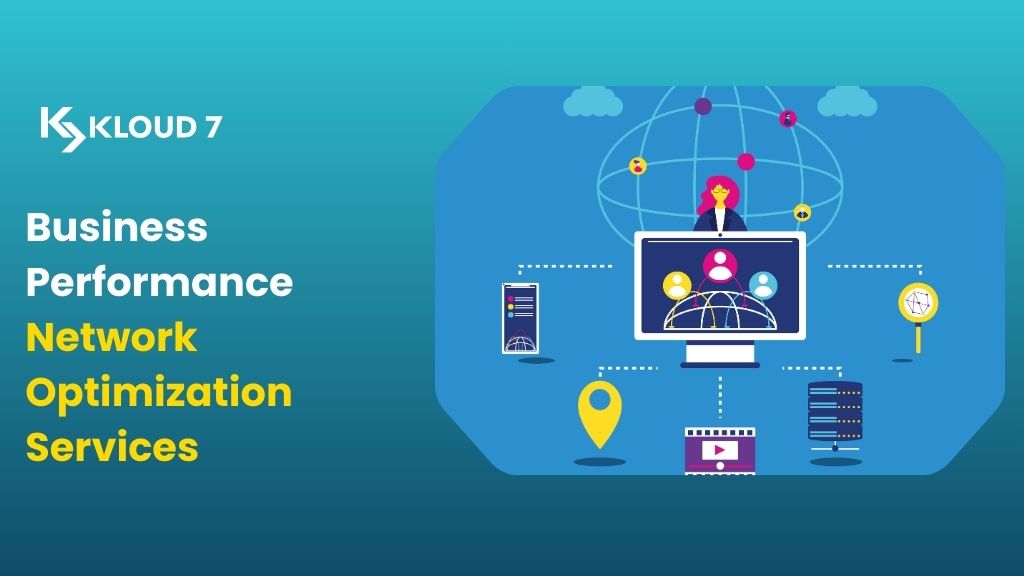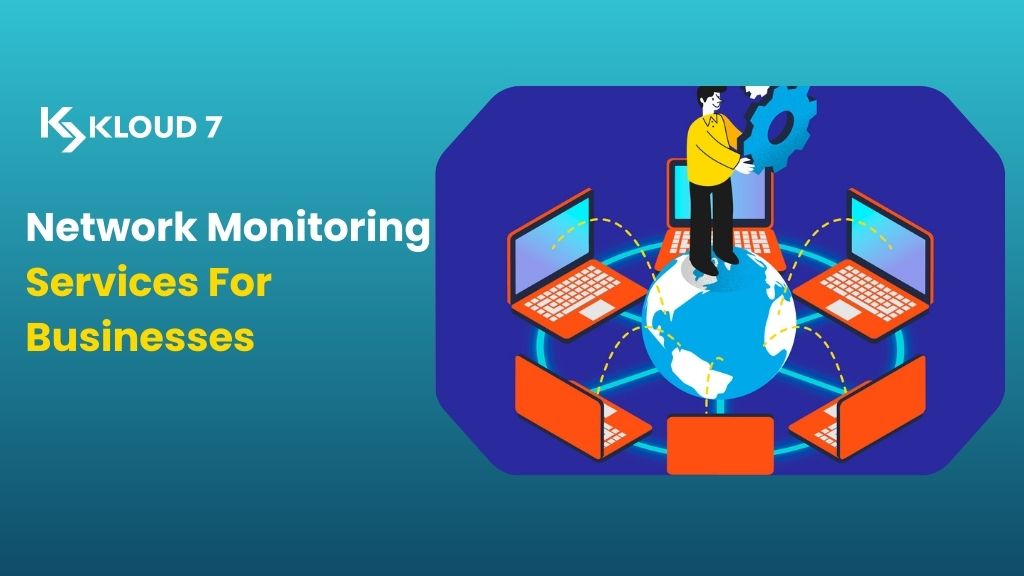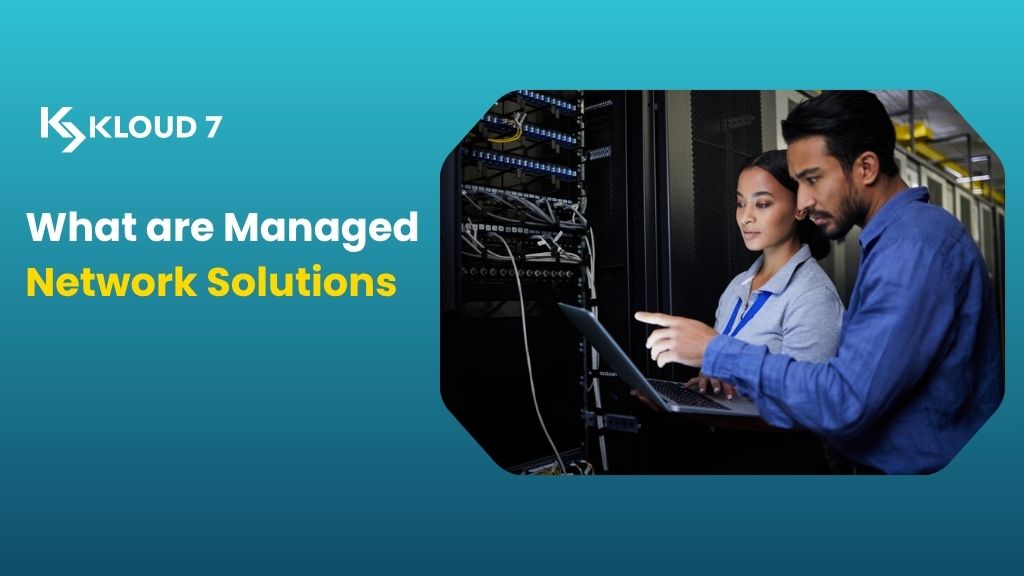As cyber threats continue to grow in both complexity and scale, businesses are searching for reliable network security solutions that can safeguard sensitive data without slowing operations. In 2025, secure networking isn’t just a luxury it’s the foundation of trust and business continuity.
Whether it’s protecting against ransomware, phishing, or insider threats, the right combination of tools and policies can help companies defend their systems while maintaining efficiency.
Understanding Network Security Solutions
Network security solutions comprise tools, configurations, and best practices designed to protect a company’s network and data from threats to its integrity, confidentiality, and availability. These include everything from firewalls and intrusion detection systems to data encryption and secure access controls. Effective implementation ensures that data moving through your network stays safe from unauthorized access or cyberattacks.
Why Businesses Need Advanced Network Security in 2025
The cost of a data breach continues to rise each year, with more attacks targeting small and mid-sized businesses. Implementing strong network security solutions can help:
- Prevent data theft and unauthorized access
- Reduce system downtime caused by malware
- Protect customer and employee information
- Meet compliance requirements like GDPR, HIPAA, and PCI DSS
- Build trust with clients and partners
Key Components of Modern Network Security Solutions
Modern cybersecurity is not a single product but an ecosystem. A balanced network security plan usually includes:
- Firewalls: Create a barrier between your internal systems and external threats.
- Intrusion Detection & Prevention Systems (IDS/IPS): Monitor real-time traffic for unusual behavior.
- Virtual Private Networks (VPNs): Secure remote connections for employees working off-site.
- Endpoint Security: Protects laptops, mobile devices, and IoT gadgets connected to the network.
- Data Encryption: Converts sensitive data into unreadable code to protect it during transmission and storage.
Comparing Common Network Security Tools
| Tool Type | Main Function | Ideal For |
| Firewall | Blocks unauthorized traffic | All businesses |
| VPN | Encrypts online connections | Remote teams |
| Antivirus | Detects and removes malware | Personal devices |
| IDS/IPS | Detects suspicious activity | Medium to large networks |
| SIEM | Centralizes security monitoring and alerts | Enterprises |
The Role of Data Encryption in Secure Networking
Encryption plays a critical role in modern network security solutions. Whether data is stored locally or sent across the internet, encryption ensures that even if attackers intercept it, they can’t read or modify the information. Businesses that handle customer data such as financial institutions, healthcare providers, and eCommerce companies should adopt both encryption at rest and encryption in transit for complete protection.
How Cloud Security Fits into the Network Strategy
With the shift toward remote work and cloud infrastructure, cloud-based security solutions have become essential. Cloud firewalls, zero-trust access models, and secure web gateways help organizations manage traffic between on-premise systems and the cloud. Managed service providers often offer cloud-based cybersecurity protection as part of their IT management packages, ensuring businesses remain secure without investing heavily in hardware.
Common Network Security Mistakes to Avoid
- Ignoring regular software updates or patch management
- Using weak passwords or single-factor authentication
- Failing to train employees on phishing awareness
- Overlooking endpoint devices (like smartphones and tablets)
- Not performing regular network audits
The Future of Network Security Solutions in 2025 and Beyond
Cyber threats are becoming more AI-driven and automated, forcing companies to adopt smarter defense systems. Expect to see more integration between machine learning, threat intelligence, and automated response systems. Future-ready security is proactive rather than reactive identifying patterns before breaches occur.
FAQs
1. What are network security solutions used for?
They protect your business network from cyber threats, data breaches, and unauthorized access while maintaining performance and uptime.
2. How does data encryption improve network security?
Encryption protects information during transmission and storage, preventing unauthorized users from accessing or reading it.
3. Are network security solutions necessary for small businesses?
Yes. Small businesses are frequent targets for cyberattacks due to weaker defenses. Affordable cybersecurity protection can prevent costly breaches.
4. What’s the difference between firewall security and endpoint protection?
Firewalls secure network traffic, while endpoint protection safeguards devices connected to the network both are vital parts of secure IT infrastructure.
5. How often should I update my network security systems?
Regular updates and audits ideally every quarter help prevent vulnerabilities from outdated software or changing threats.
Conclusion
Building a secure digital environment starts with the right network security solutions. From firewalls and VPNs to cloud-based encryption, each element contributes to stronger defenses against cybercrime. Businesses that invest in preventive protection save far more in the long run both financially and reputationally.
Ready to secure your network for 2025 and beyond? Contact Kloud7 today for advanced network security solutions designed to protect your business data and keep your systems running safely around the clock.




